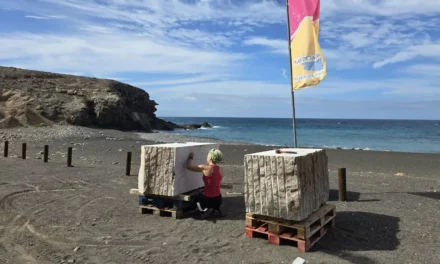Prepare to turn back the clocks as wintertime approaches, bringing shorter afternoons and earlier sunsets.
As we enter the last week of daylight saving time for 2024, the long, light-filled evenings will soon be a thing of the past. On the night of Saturday 26th to Sunday 27th October, the clocks will shift back one hour, marking the start of wintertime. At 3:00 AM on Sunday, the clocks will be set to 2:00 AM, making that day officially 25 hours long.
From this point onwards, mornings in Spain will brighten earlier, but the trade-off will be shorter afternoons as darkness falls sooner. While the primary goal of daylight saving time is to save energy by aligning work hours with natural sunlight, the effectiveness of this measure has come under increasing scrutiny.

Why Do We Still Change the Clocks?
The practice of changing the clocks dates back to the First World War, but it became more widespread during the oil crisis of 1974 when countries sought to reduce electricity consumption by making better use of natural daylight. Europe officially introduced daylight saving time in 1980, and the current system, regulated by the European Time Directive, has been in place since 2000. According to this directive, the clocks move forward in March and revert in October.
Spain’s Institute for the Diversification and Saving of Energy (IDAE) estimates that the potential savings on lighting could amount to around €300 million annually—approximately 5% of total energy consumption. Of this, households could save around €90 million, equating to €6 per household, with the remaining €210 million saved by the tertiary sector and industry.
The Debate Continues
The practice of changing the clocks remains a hotly debated issue across Europe, particularly in Spain. In 2018, a commission of experts was set up to evaluate the impact of the time changes and to consider whether Spain should remain aligned with Central European Time (GMT+1 in winter; GMT+2 in summer). The report concluded that no drastic changes should be made without widespread agreement.
This study followed the European Commission’s proposal to eliminate seasonal clock changes altogether. However, the proposal was shelved, and no concrete steps have been taken to implement it. The European Council has stated that the current system will remain in place until a definitive decision is reached.
For now, the twice-yearly clock changes will continue, as outlined in Spain’s Royal Decree 236/2002, which governs daylight saving time. This practice is set to remain in effect until at least 2026.





